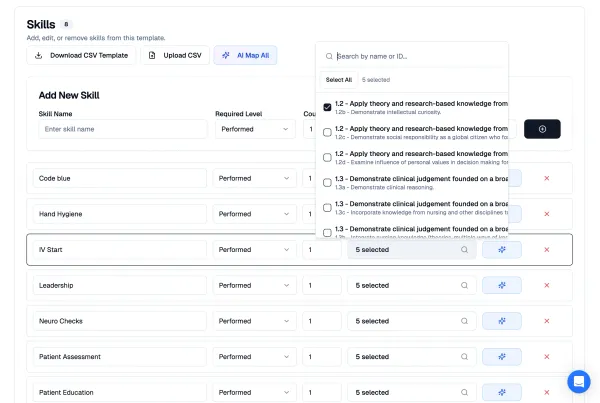12 Essential Tips for Nursing Students to Excel in Nursing School

Nursing school can be demanding, with its rigorous curriculum, clinical rotations, assignments, and exams. As a nursing student, it's crucial to develop effective time management skills to stay on top of your studies, excel in your coursework, and ultimately succeed in your nursing education. Here are 12 essential time management tips that can help you do better in nursing school:
1. Create a study schedule
One of the key components of effective time management is creating a study schedule. Develop a study plan that includes dedicated time for coursework, assignments, and exam preparation. Make sure to allocate enough time for each subject and stick to the schedule consistently. Having a study schedule will help you stay organized, focused, and ensure that you cover all the required material.
2. Stay organized
Keeping your study materials, notes, and assignments organized is critical to efficient time management. Use folders or binders to categorize different subjects, and label them for easy reference. Keep your study space tidy and clutter-free to minimize distractions and enhance your productivity.
3. Actively participate in class
Actively participating in your classes can significantly improve your understanding of the material. Take notes, ask questions, and engage in discussions. Actively listening and participating in class can help reinforce your learning, clarify any doubts, and foster a more engaging learning experience.
4. Seek help when needed
Don't hesitate to seek help when you need it. If you are struggling with a particular topic or concept, reach out to your instructors or classmates for clarification. There are also many online resources, textbooks, and study guides available to help you grasp difficult concepts. Don't be afraid to ask for help and utilize available resources to enhance your understanding of the material.
5. Practice self-care
Taking care of yourself is crucial for academic success. Make sure to get enough sleep, eat well, and exercise regularly. Taking breaks and managing stress can also help you stay focused and motivated. Remember to prioritize your physical and mental well-being, as it directly impacts your ability to manage your time effectively.
6. Review regularly
Reviewing your notes and study materials regularly is essential to reinforce your learning. Create flashcards, practice quizzes, or other study aids to help you retain information effectively. Regular review sessions can help consolidate your knowledge and improve your retention of the material.
7. Utilize clinical opportunities
Clinical rotations are a vital part of nursing education. Take advantage of these opportunities to apply theoretical knowledge in a real-world setting. Actively participate in clinical rotations, observe experienced nurses, and practice hands-on skills to enhance your clinical competence. Clinical experiences can also provide valuable insights and reinforce your understanding of the material.
8. Collaborate with peers
Collaborating with your peers can be an effective time management strategy. Form study groups, participate in discussion groups, or join study clubs with classmates who share similar goals. Teaching and explaining concepts to others can reinforce your own understanding of the material and foster a supportive learning environment. Collaborating with peers can also help you learn from each other's perspectives and share study strategies and resources.
9. Stay up-to-date with assignments
Staying organized with assignments and deadlines is crucial to managing your time effectively. Create a system to keep track of assignments, due dates, and submission requirements. Avoid procrastination and prioritize assignments based on their deadlines. Completing assignments on time will prevent last-minute stress and ensure that you can submit quality work.
10. Practice critical thinking
Critical thinking is a fundamental skill for nursing practice. Practice analyzing, evaluating, and applying concepts to real-world scenarios to develop your critical thinking abilities. As you progress in your nursing education, critical thinking skills will become increasingly important in your coursework, exams, and clinical practice.
11. Seek feedback
Don't shy away from seeking feedback from your instructors, clinical preceptors, or classmates. Feedback can help you identify areas for improvement, correct mistakes, and fine-tune your studying and clinical skills. Actively seek feedback and use it as an opportunity for growth and development.
12. Avoid multitasking
Multitasking can often be counterproductive and lead to decreased productivity and efficiency. Instead of trying to do multiple tasks at once, focus on one task at a time. Prioritize your tasks, complete them one by one, and avoid distractions. By giving your full attention to each task, you can complete them more efficiently and effectively.
Remember that developing good habits takes time and practice, so be patient with yourself as you work towards improving your skills. With consistent effort and commitment, you can do better in nursing school and set yourself up for success in your nursing career.





